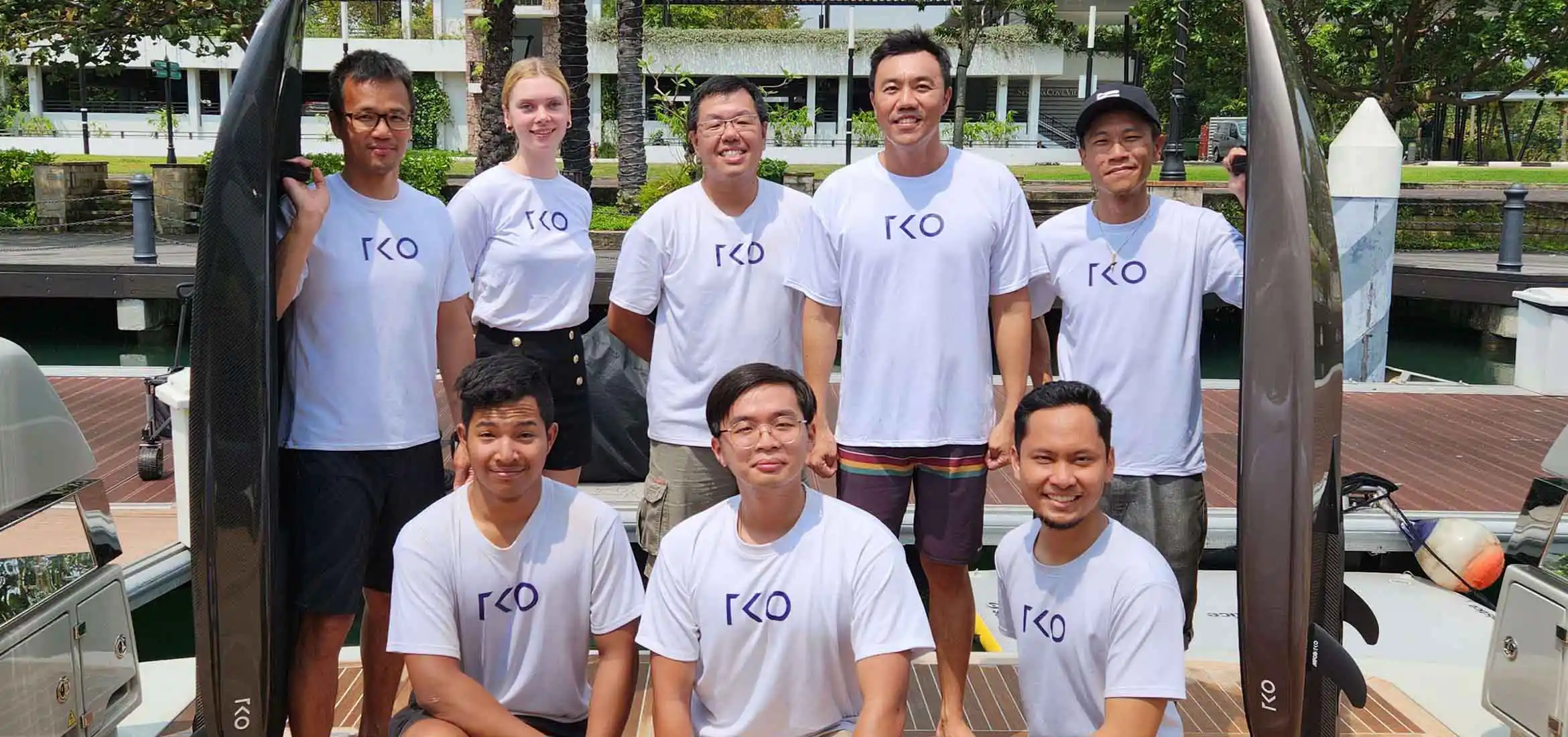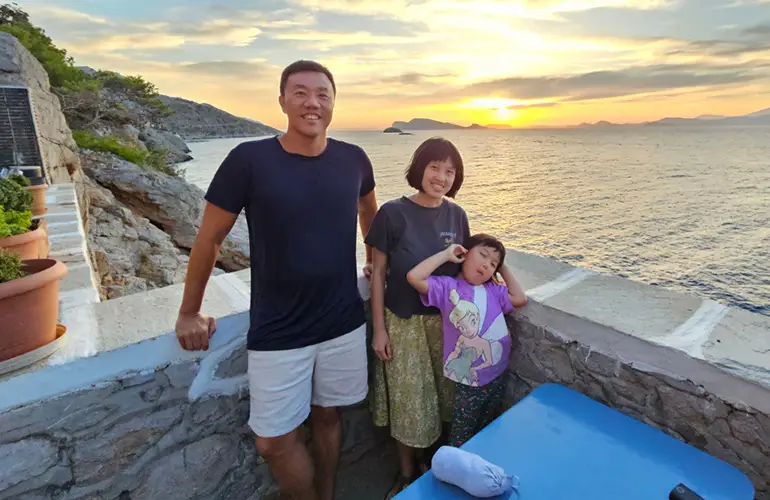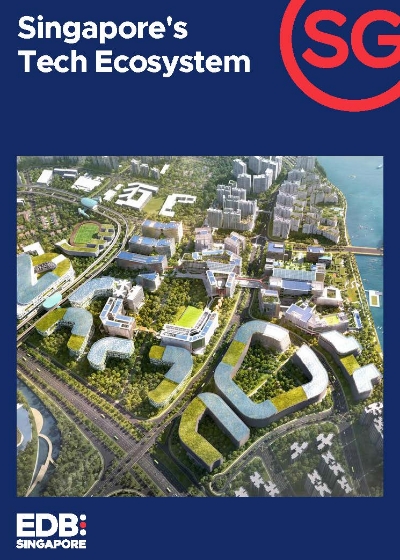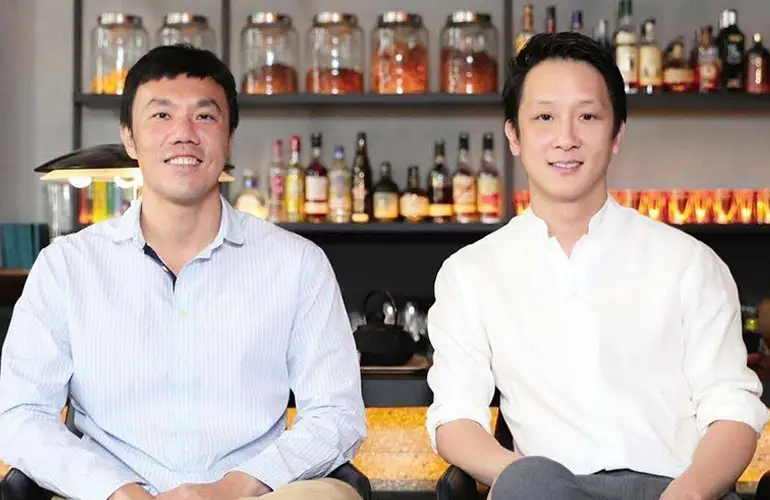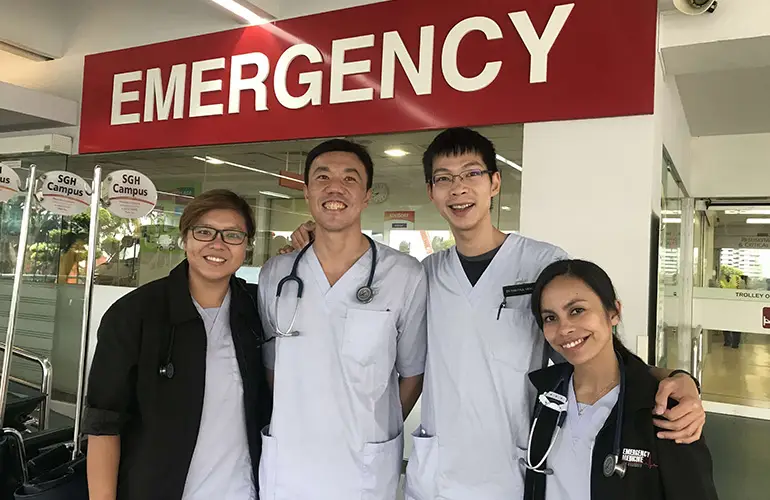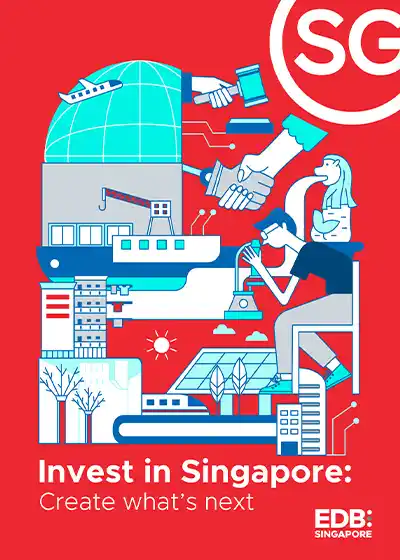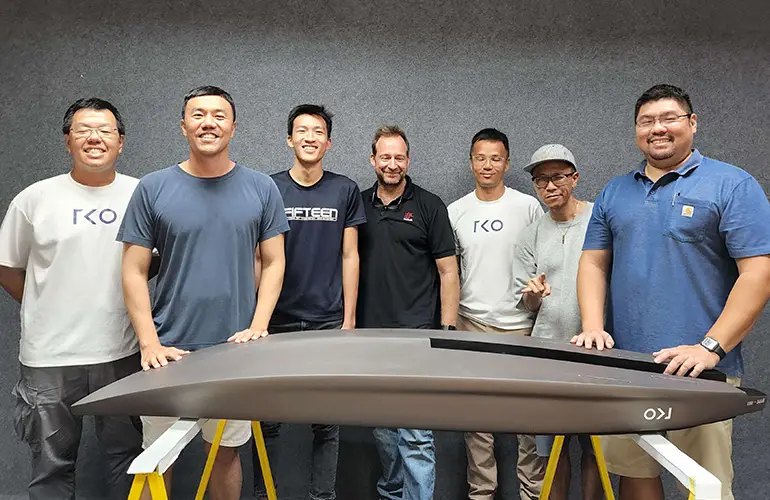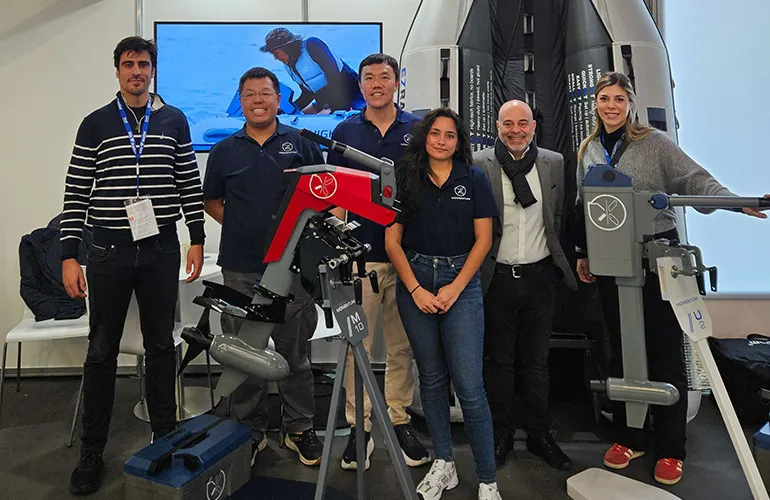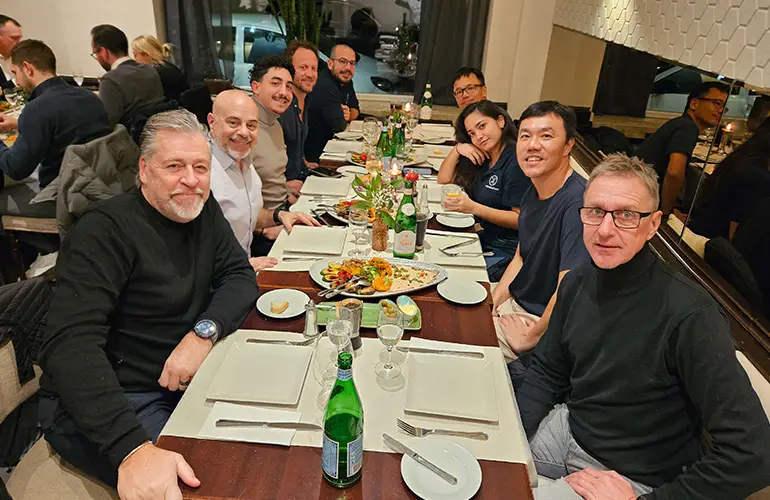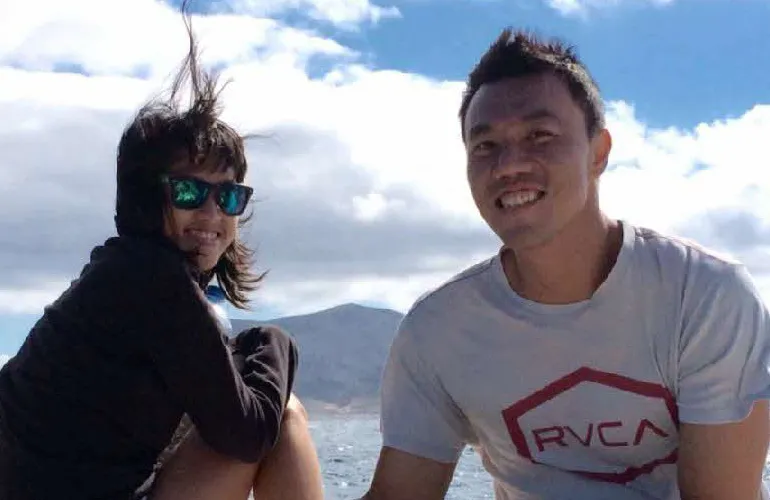Imagine riding on a zero-emission electric surfboard, designed to be used atop any water body. While this vehicle might sound like something straight out of a science fiction novel, it is very much a reality – thanks to Singaporean polymath Daniel He.
Throughout his life, Daniel has worn many hats and lived many different lives. Co-founding hospitality outfit Lo & Behold Group, practising as a Doctor of Medicine at SingHealth for nearly a decade, and starting a marine propulsion company named The Kinetic Option with his friends (which gave us the electric surfboard) – the last few years or so have seen him be an exceptionally busy man.
“I have a very bad habit of turning hobbies into jobs,” he laughs. “Medicine, marine technology, hospitality – these are things I’ve always maintained an interest in for a good part of my life, and kept tabs on.”
As a result, switching to and fro between these industries has been relatively easy. “Luckily, it’s not been a case where I change gears, and I start from zero. I’ve been actively following new developments, and dabbling around with things, as a hobby,” he says.
At the heart of his many career transitions and numerous entrepreneurial endeavours has been the invariable power of community.
“There is no single person who can do it all. Your product is as good as your weakest link, which is why you have to build a balanced team, and a community of people who are not only experts in their field, but are also open to the opinions of others,” Daniel says.
“Community is absolutely key, because you cannot find a single person who can do all these things.”
Interestingly, he did not particularly go out of his way to specifically network with his now co-founders. Rather, he met them serendipitously at different stages of his life – primary school, secondary school, and even some from his time flying drones.
After getting his start in management consulting, which he touted as the place to be when one does not know what to do with their lives, he decided to devote his energies to his true interests, of which he never really lost track.
On the surface, all of which appear unrelated, but have a common thread running through them – Daniel’s inherent love for humanity.
